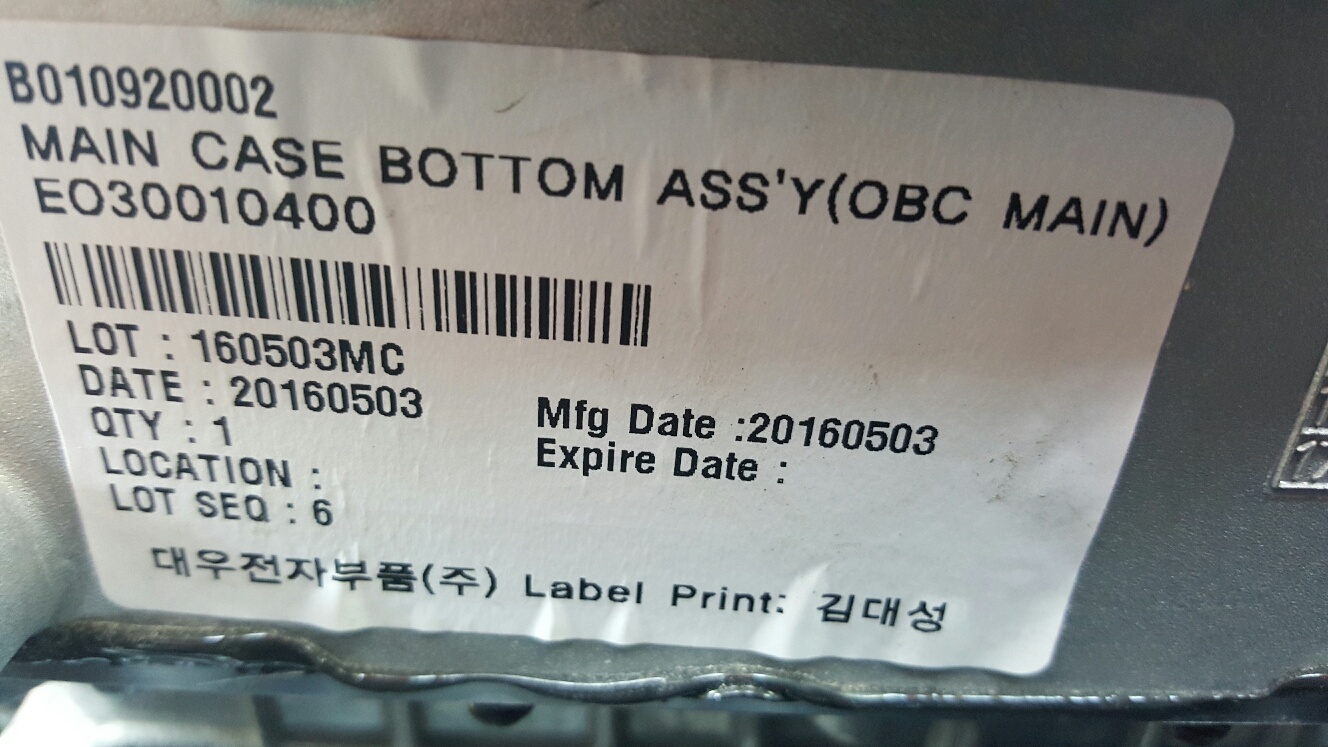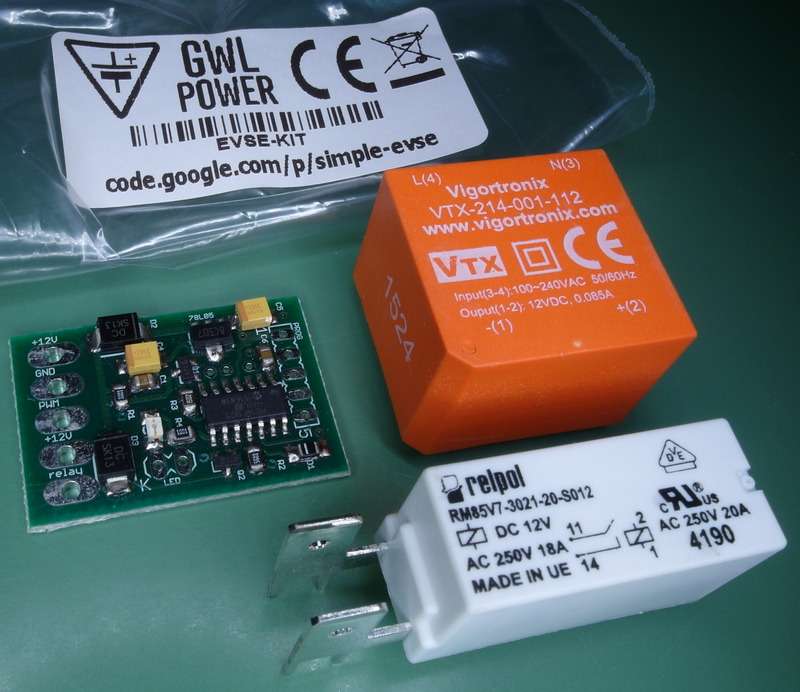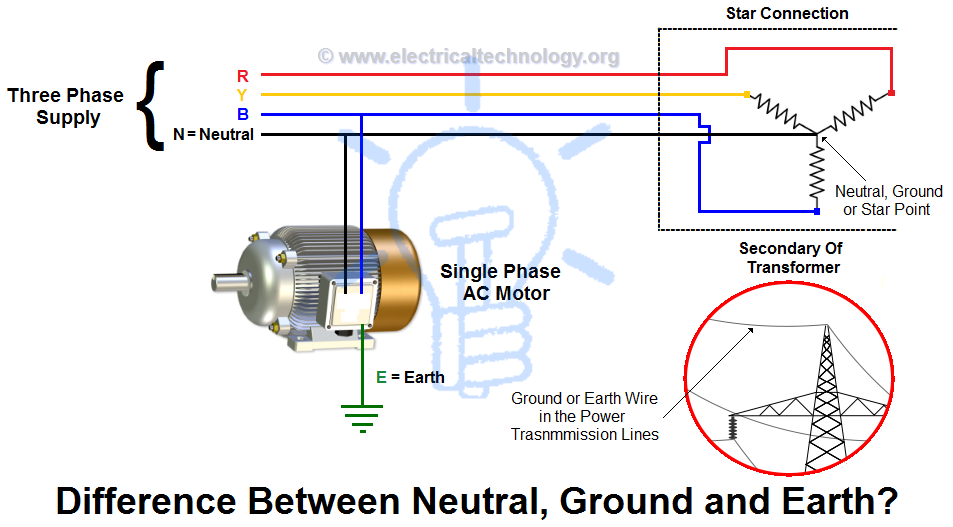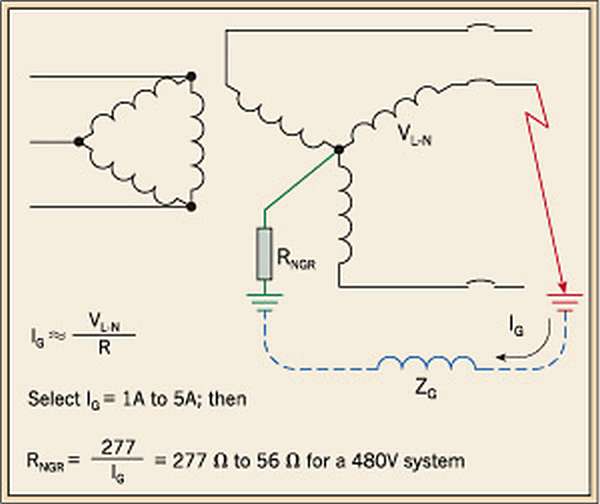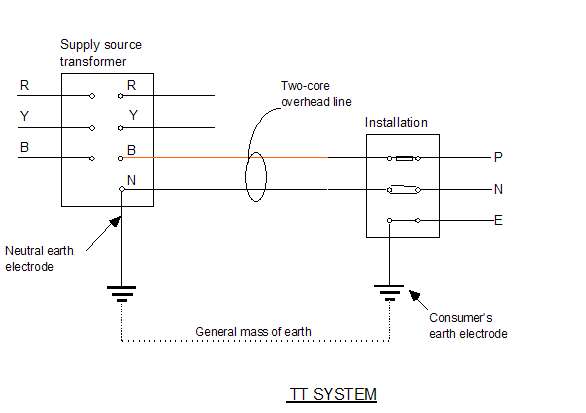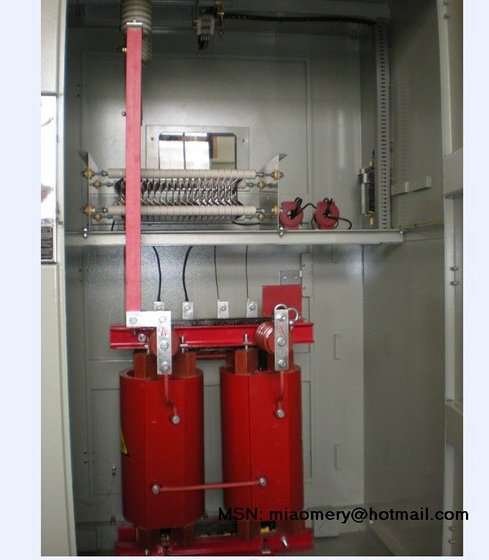looks like false alarm for now. was told i only needed my charging port replaced. i have the car back.
will keep a close eye on it...
Scratch that... as of 10pm tonight charging cuts out after a few seconds with charger errors happening again.
will keep a close eye on it...
Scratch that... as of 10pm tonight charging cuts out after a few seconds with charger errors happening again.




